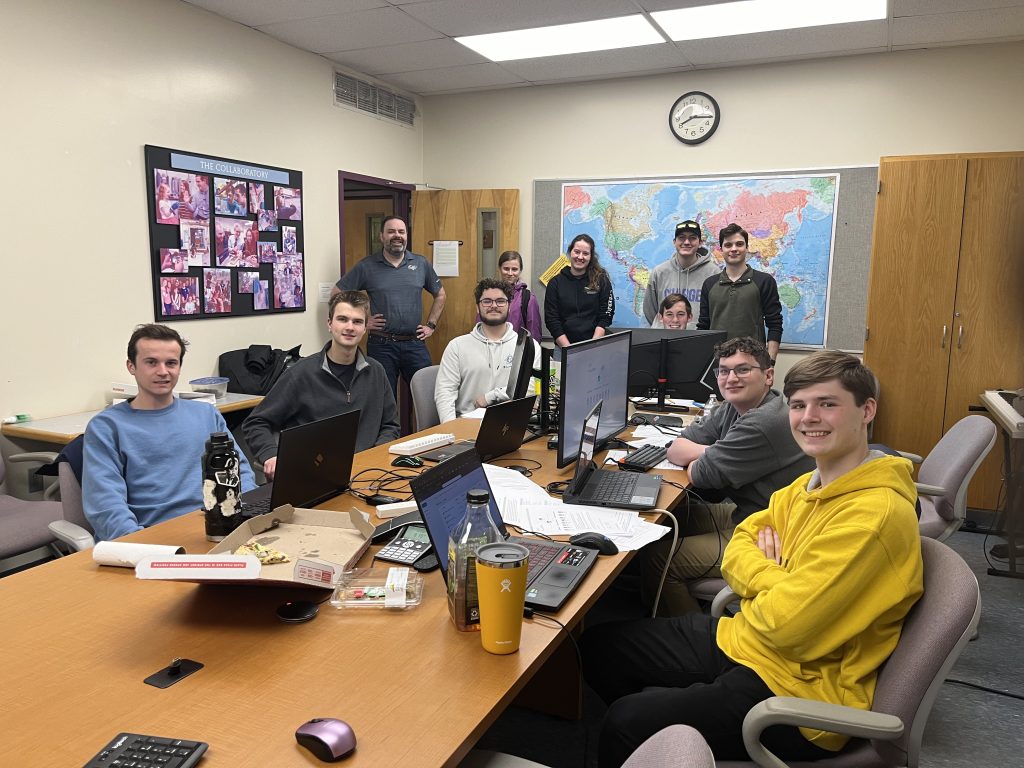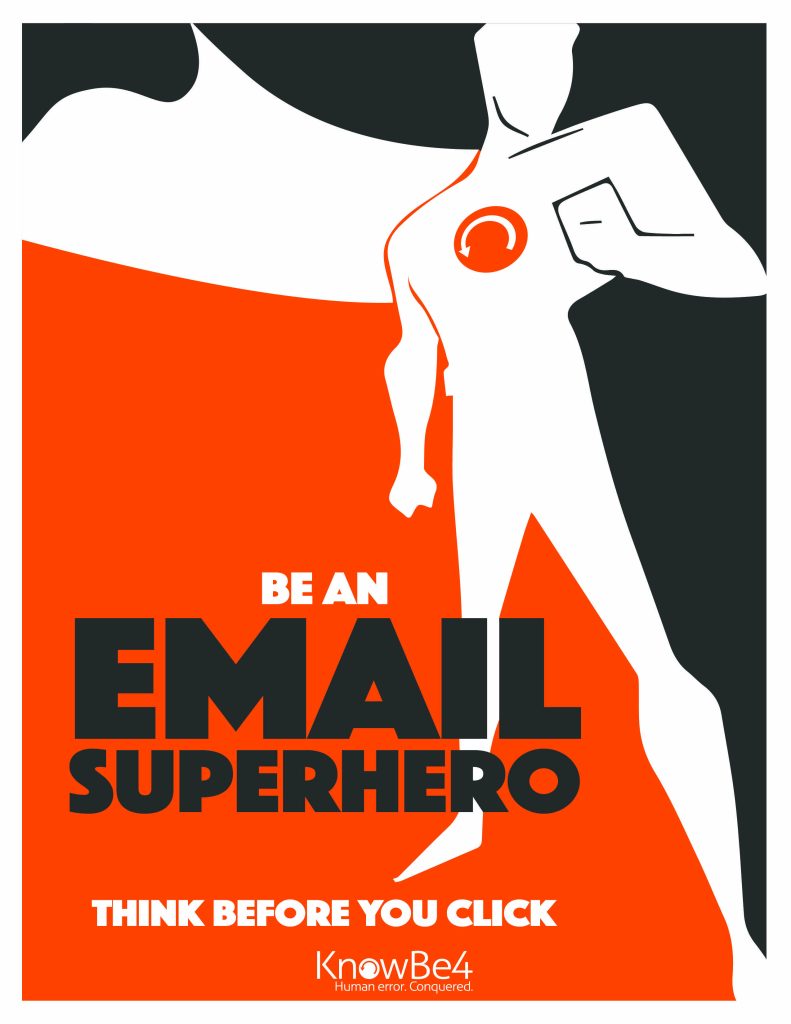It’s Week 1 of Cybersecurity Awareness Month 2023! This week we are looking at how to use strong passwords and a password manager to protect your accounts. Special thanks to CISA and Know B 4 for their resources this month!
Creating Strong Passwords
Simple passwords, such as 12345, or common identifying information, like birthdays and pet names, are not safe for protecting important accounts holding critical information. Using an easy-to-guess password is like locking the door but leaving the key in the lock. Weak passwords can quickly be broken by computer hackers.
So, what exactly is a “strong” password? A strong password follows ALL THREE of these tips:
1. Make them long
At least 16 characters—longer is stronger!
2. Make them random
Two ways to do this are:
1. Use a random string of mixed-case letters, numbers and symbols. For example:
• cXmnZK65rf*&DaaD
• Yuc8$RikA34%ZoPPao98t
2. Create a memorable phrase of 5 – 7 unrelated words. This is called a “passphrase.” To make it even better, get creative with spelling and/or add a number or symbol. For example:
• Strong: HorsePurpleHatRunBaconShoes
• Stronger: HorsPerpleHatRunBayconShoos
• Strongest: HorsPerpleHat#1RunBayconShoos
3. Make them unique
Use a different strong password for each account. For example:
• Bank: k8dfh8c@Pfv0gB2
• Email account: LmvF%swVR56s2mW
• Social media account: e246gs%mFs#3tv6
It’s hard to remember all these long passwords and we don’t want to save them in a file on a computer. This is where a password manager comes in.
How to Choose a Password Manager
Password managers tell us when we have weak or re-used passwords and many of them can offer to generate strong passwords for us. They can also automatically fill logins into sites and apps as we move from one to another.
There are many password managers to choose from. Some are free, like the built-in password managers in your web browser, and some cost money. Search a trusted source for “password managers” like Consumer Reports, which offers a selection of highly rated password managers. Read reviews to compare options and find a reputable program for you. When we use a password manager, we are much more likely to use a unique, strong password on every site. And that makes it much harder for someone to steal our valuable information!
To recap, when it comes to creating passwords:
1. Make them long
2. Make them random
3. Make them unique
4. Use a password manager.
Want to test your knowledge and learn more about passwords? Play this interactive game created by Know B 4.





